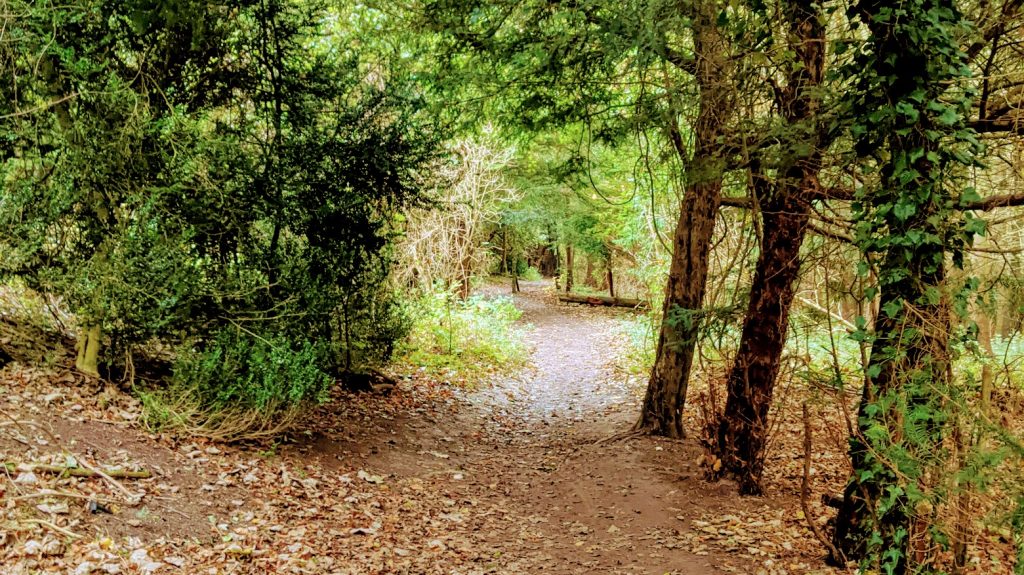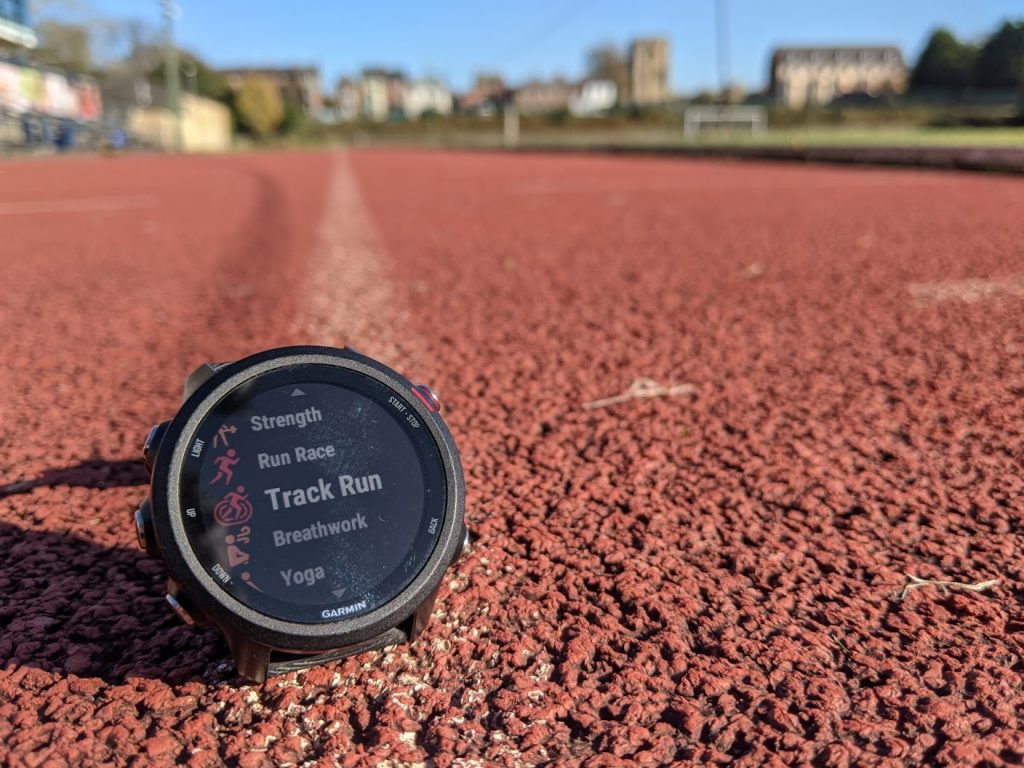This week has been a reminder of how fortunate I am in the people that form my community. The people I live, work, and take time off with are wonderful. They inspire me to learn both deeply and broadly, write poetically and analytically, to run faster, and to laugh more easily. I don’t often take pause to be grateful, but this week I am thankful to have them in my life.
2020 Week 47: Ego
This weekend I’ve been thinking and reflecting on problems of ego. I have an intuitive but imprecise understanding of the concept, and doing some reading (and YouTube watching) to better understand ego has left me with muddled thoughts. Humility is not the opposite of ego, but arrogance and ego are intertwined. Insecurity, the need for external validation, and overconfidence all seem to be connected to problems with ego. The way to overcome ego seems to be detachment from the individual, focus on upholding principles, and adherence to logic and reason. Sharing some resources:
Freud: Id, Ego, Superego
Jocko: Dichotomy of Ego
2020 Week 46: Wendover Woods
This week I have been thinking about opportunity cost, integrity, and metrics for performance. The opportunity came up to run 20 miles over the beautiful and steep terrain of Wendover Woods, and so having enjoyed fresh air and soft earth, I have not written cohesive thoughts about the intended topics.
Things I particularly enjoyed about trail running:
The technical challenge of judging each foot placement to stay upright.
Great conversation both on the trails and during the rest stops.
Using different muscles compared with the repetitive motion of road running.
Beautiful foliage and clean air.
Photo from the Week

2020 Week 45: Dystopia
The world can change so much in a week. The UK went back into lock down. Joe Biden was elected president along with Kamala Harris as the first woman of colour, to become vice president. Drug reform was a unifying force across US elections, while the comparatively progressive New Zealand legalised euthanasia but not marijuana.
I read a book and watched a movie, both set in (different) dystopias.
Dystopian Science Fiction
…as with most of the future worlds in science fiction you’re not talking about the future you’re talking about the present.
Alan Moore – author of comic books Watchmen and V for Vendetta
Brave New World
For a novel that is 88 years old, the future imagined by Aldous Huxley in Brave New World feels remarkably relevant. Soma feels prescient in a world with ever increasing prescriptions of anti-depressants and an opioid epidemic. It poses a question that I have yet to resolve: how to choose if it is better to live a happy and comfortable life, or to suffer in the name of a good cause?
V for Vendetta
On the 5th of November, the start of the UK’s second lockdown, I watched the film adaptation of Alan Moore’s comic series V for Vendetta. Some plot elements felt eerily familiar in the context of a US Presidential election during a global pandemic. As a “Bush-era parable” (see quote below), I found the undertones of the 9/11 Truth movement unpalatable, whilst the reminder of the threat of fascism felt necessary given a US president with a fondness for white supremacists. Valerie’s letter made me cry (for the third time).
[The movie] has been “turned into a Bush-era parable by people too timid to set a political satire in their own country. … It’s a thwarted and frustrated and largely impotent American liberal fantasy of someone with American liberal values standing up against a state run by neoconservatives – which is not what the comic V for Vendetta was about. It was about fascism, it was about anarchy, it was about England.Alan Moore on the film adaptation of his comic book V for Vendetta
Photo from the Week
2020 Week 44: This is America
Political news is loud this week, as we approach a presidential election in the United States of America, and locally England enters a month long lock down. On Tuesday the US will likely elect Joe Biden to replace Donald Trump as president of the United States. This will make President Biden the oldest person at the start of their presidency, a record currently held by Trump. As the leader of the free world ages, and the polarisation of America’s politics grows more divisive, the ever less inspiring presidential debate becomes ever less relevant. It is in reading about the last four years under President Trump that I realise, uncomfortably, that my future no longer leads to a life in the United States. In this post I explore this idea.
The American Dream
For most of my life, the United States looked to be the leading country in the world. It was an American flag that flew on the moon, Hollywood told stories from the American perspective, American soldiers protected the weak from tyranny, and American universities were home to the world’s leading researchers. I was a high school student when the election of Barack Obama on a platform of hope looked to be a rejection of a racist past. The promise to fix a broken health care system and an acknowledgement of the burden of climate change made me feel optimistic in a world of cynicism following the Iraq War and the financial crisis. I first visited the US in 2012, and was enthralled at the sense of opportunity as I lived on the energising chaos of Silicon Valley Hackerspaces. I think fondly of my time in New York and Boston in 2014, every new relationship a wonderful opportunity to learn. The mix of cultures, of passions, and the uniting desire to do something made me feel that this ought be home.
Hard Work and Sacrifice
Americans work hard. Compared with Europeans and Australasians they take fewer holidays, they work more hours. They set ambitious goals. The technological prowess of the United States is most famously demonstrated by the space program. NASA continues to be science’s most recognisable and captivating brand.

I have a sense that science no longer occupies the pedestal it once held in the US. Disinformation in the name of free speech, and scepticism without rational thinking, are symptomatic of a failing education system. Whilst migrants are common amongst the top scientific researchers in the US, the Trump administration has made it harder to employ skilled migrants.
Some of the hardest work to be done in the US is mending a racially and politically fractured society. Consider the following:
Racial harmony is not going to come by us holding hands and singing Kumbaya. That understanding has to be earned, it has to be worked for, and there are sacrifices involved and I think that breaking isolation requires work and sacrifice.
Barack Obama speaking at the Cambridge Public Library. 20 September 1995
Obama’s opponent in the 2008 presidential race was John McCain, who sought to quell fears rather than stoke them during his time on the campaign trail.
I have to tell you, he [Obama] is a decent person, and a person that you do not have to be scared of as president of the United States.
Senator John McCain at a rally 10th October 2008
Trump has vindictively and cynically stoked the same racial tensions, and appealed to the worst aspects of the Republican base.
More thoughts to come later.
Photo from the Week


